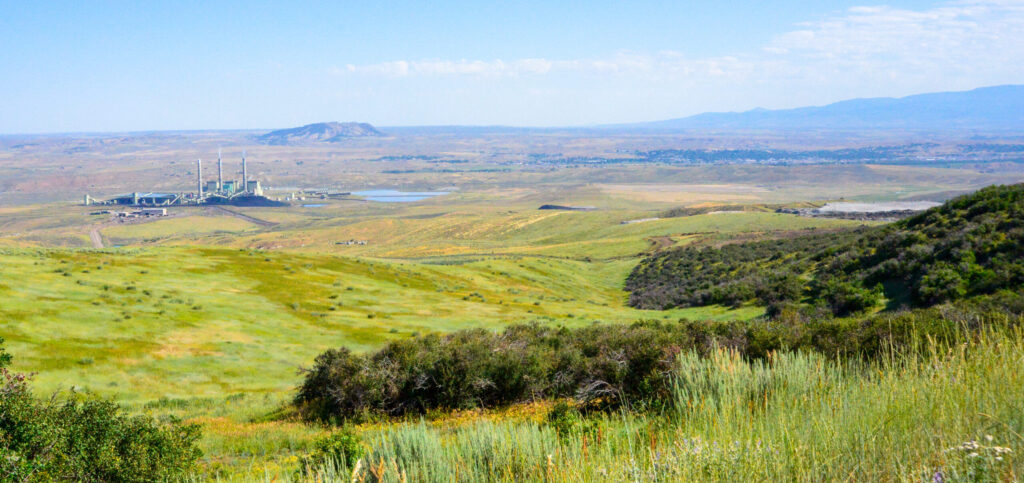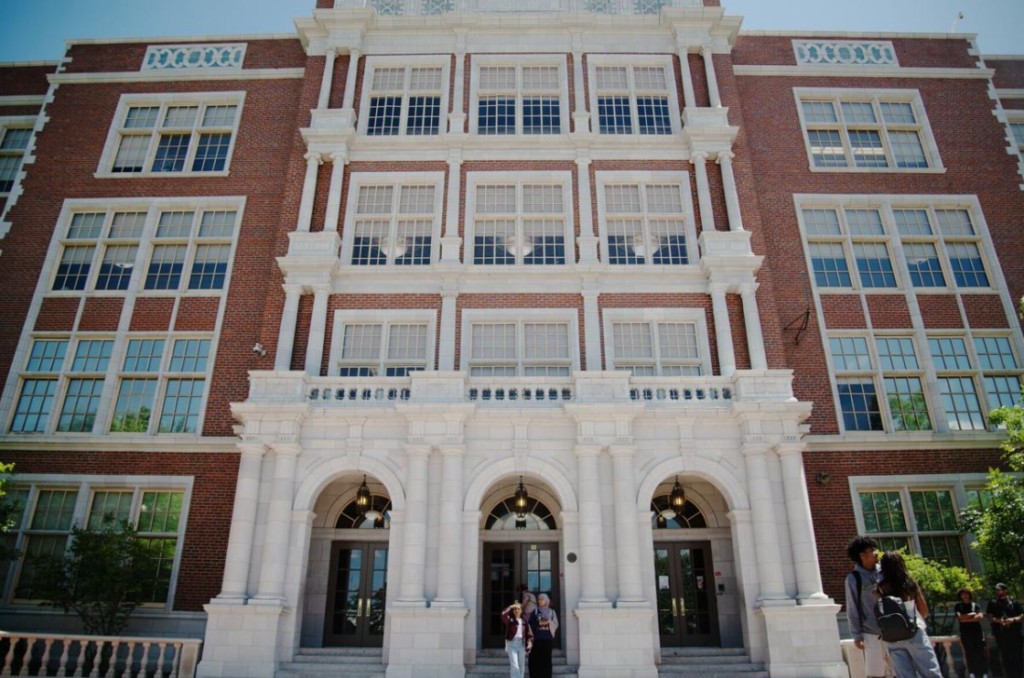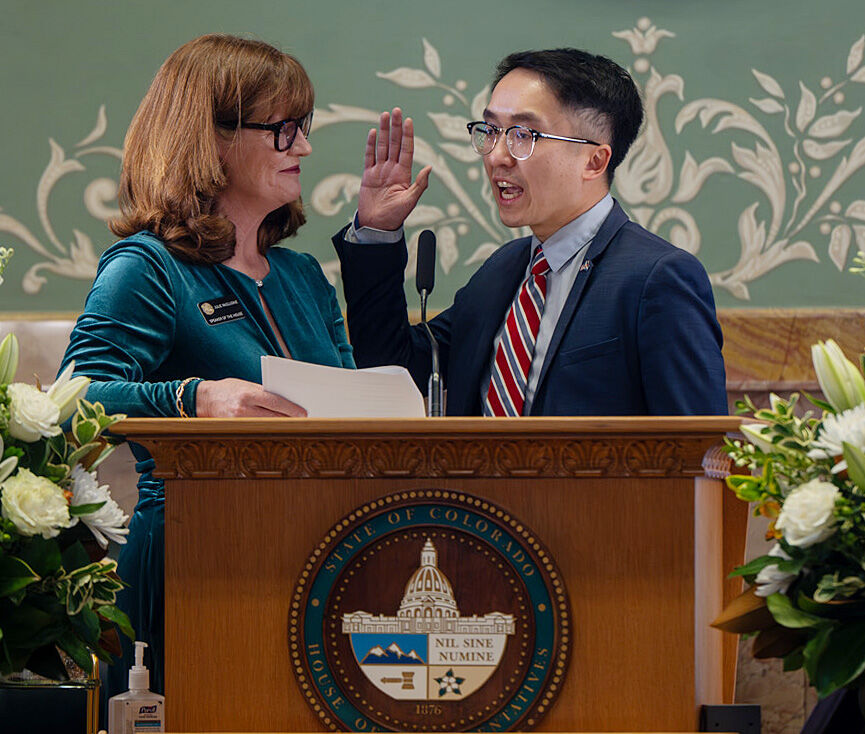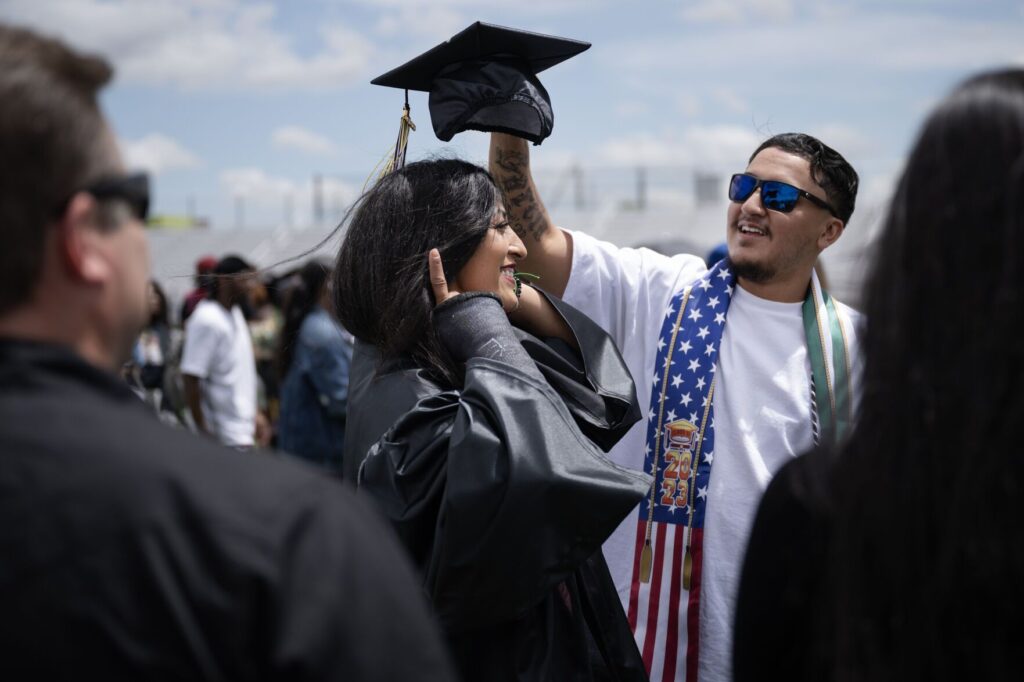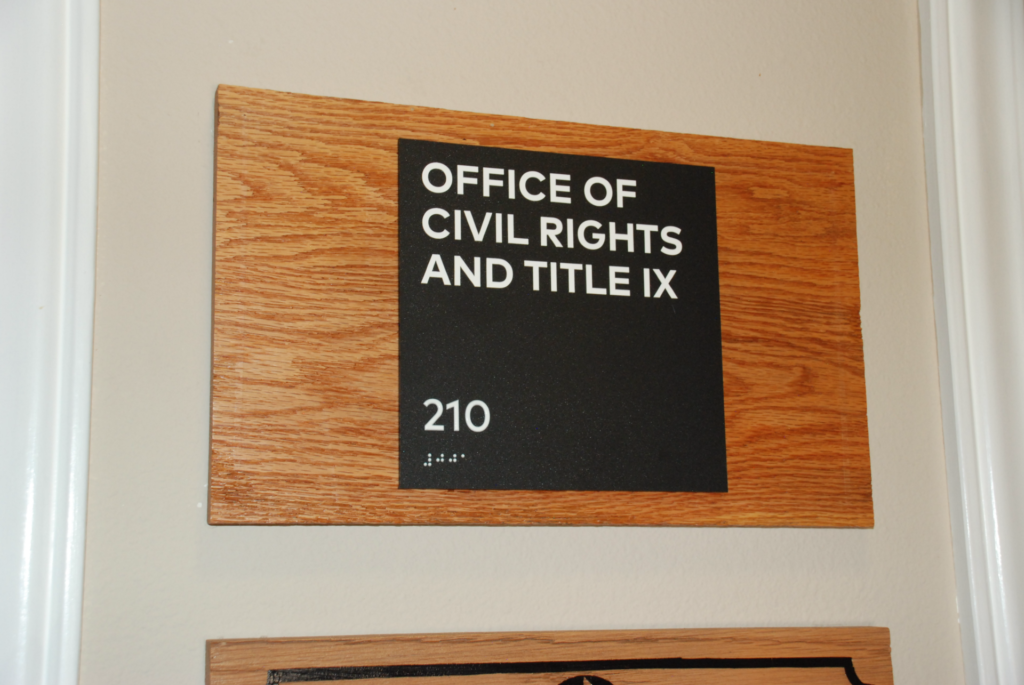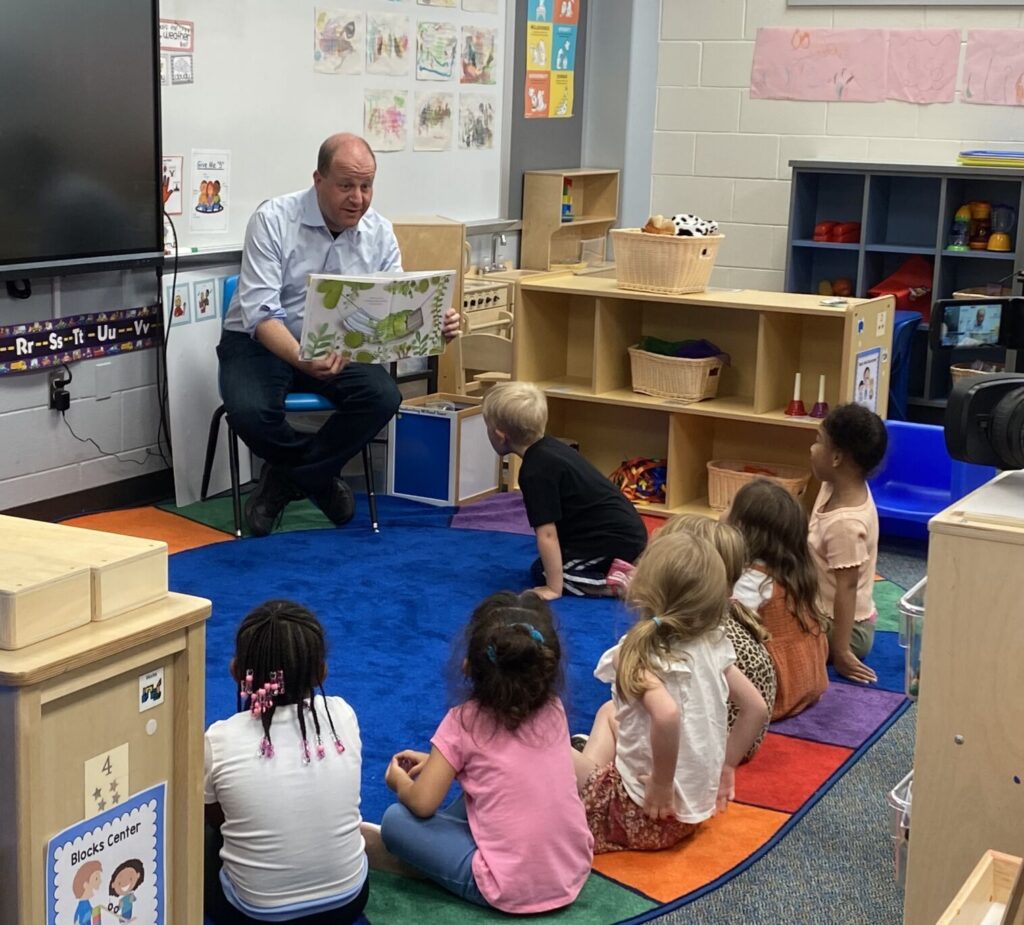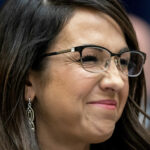Denver school board race attracts crowded field

Nine candidates – including two directors seeking re-election – are vying for a seat on the Denver Public Schools Board of Education this November.
The candidate field includes at least three former teachers and a principal, a security expert, a business owner and a long-time district volunteer.
With three of seven seats on the ballot in November, Denver voters will have the opportunity to change the makeup of the school board, which was seated with the support of the teachers’ union, Denver Classroom Teachers Association, rather than education reform organizations.
Directors Scott Baldermann (District 1) and Charmaine Lindsay (District 5) are seeking re-election. Both were elected as union-backed candidates.
Board Vice President Auon’tai M. Anderson – who holds one of the district’s two at-large seats – is not seeking re-election. Instead, Anderson announced in June his candidacy for House District 8, held by Rep. Leslie Herod, D-Denver, who will be term-limited in 2024.
At-large candidates include: Paul Ballenger; Kwame Spearman, John Youngquist and Brittni Johnson.
Facing off against Lindsay for the District 5 seat are Marlene DeLaRosa and Adam Slutzker, while Kimberlee Sia is challenging Baldermann for District 1.
The November election looms during a time when Denver voters are deeply dissatisfied with their elected education officials.
In one recent poll, just 30% of likely voters had a favorable opinion of the board and in another, only 21% regarded education officials positively.
For months, the board has faced public criticism for a series of perceived missteps from school closures to gun violence and an illegal executive session to the controversy over revoking the innovation zone status from a successful school leader with an alternative education model to the termination of a popular principal.
The firing of former McAuliffe International School Principal Kurt Dennis has since lead to, among other things, a federal wrongful termination lawsuit and a petition drive with more than 6,200 signatures demanding his reinstatement.
The summer of discontent has also led to the “Resign DPS Board” effort, which seeks to vote out and recall all the incumbents.
It’s a striking contrast to 2019 when the historic “flip” helped to undo or halt the reforms put in place by previous boards, such as jettisoning the school performance framework used to justify shuttering low-performing schools.
The public unhappiness with the union-backed board could juice turnout in a race that historically has very low voter turnout, said Parker Baxter, director of the Center for Education Policy Analysis at the University of Colorado Denver.
“The last few years have been marked by really significant conflict among board members and not very much focus on student outcomes,” Baxter said.
It would be a mistake, Baxter argued, to chalk up the turmoil as personality differences.
Elected with the support of the teachers’ union, the board is at odds with the traditional unionized system and a progressive education model that has emphasized school differentiation to meet student needs. Teachers in those alternative education models – think charter or innovation schools – are not part of the bargaining unit.
“It’s tempting to see the dysfunction among board members as a personality conflict,” Baxter said. “I think it’s more emblematic of its inability to agree on a strategy.”
And as a result, the board has “struggled to get traction” and instead “attracted a lot of negative publicity,” Baxter said.
That could, he said, create an opening for a new batch of candidates.



